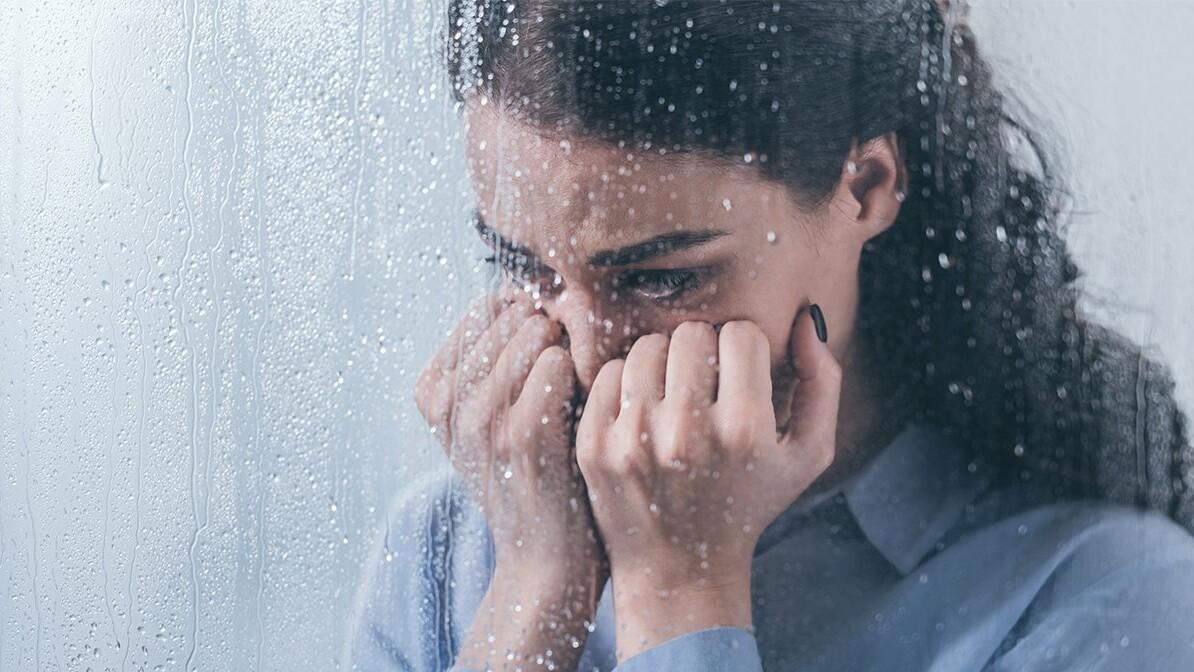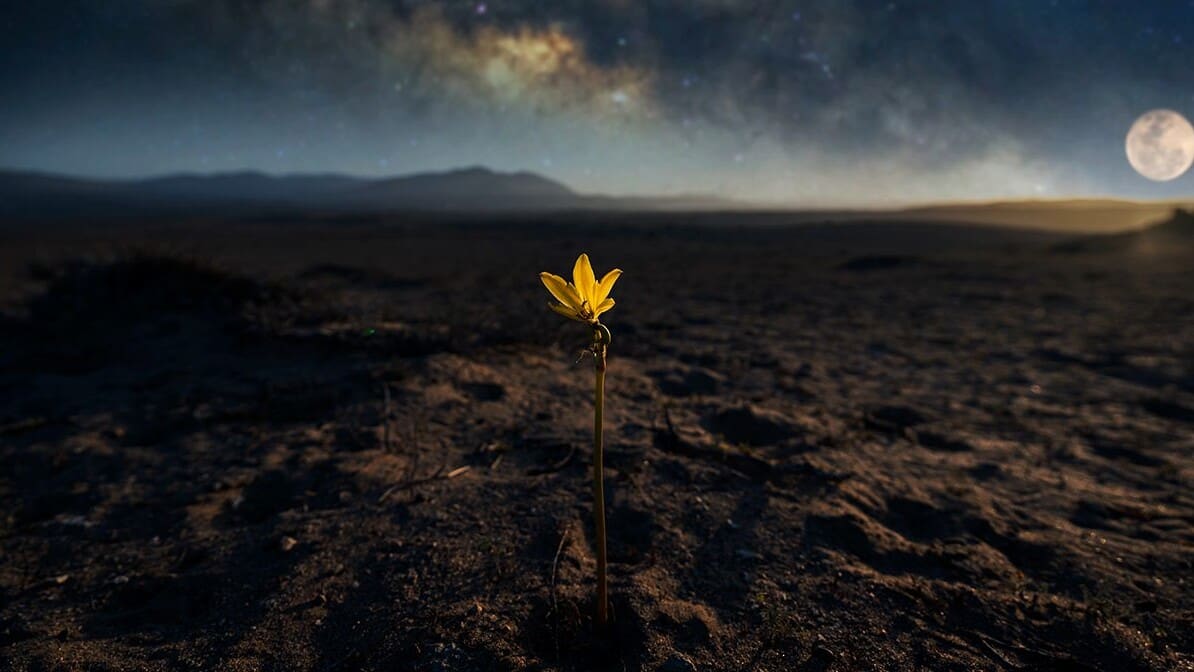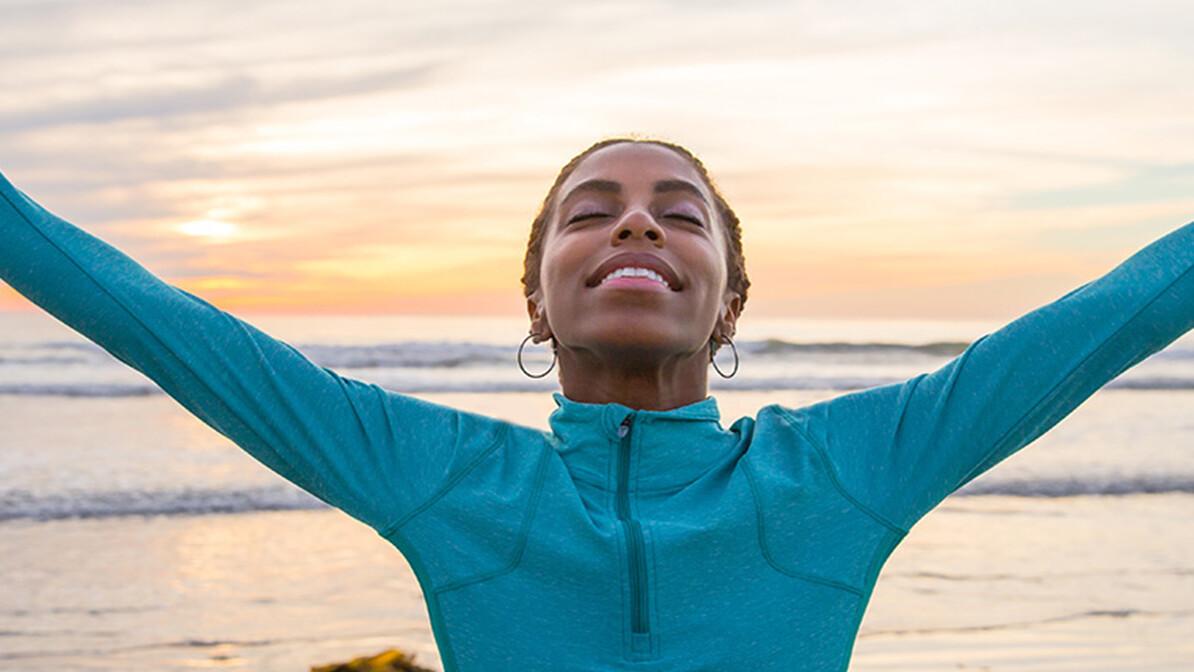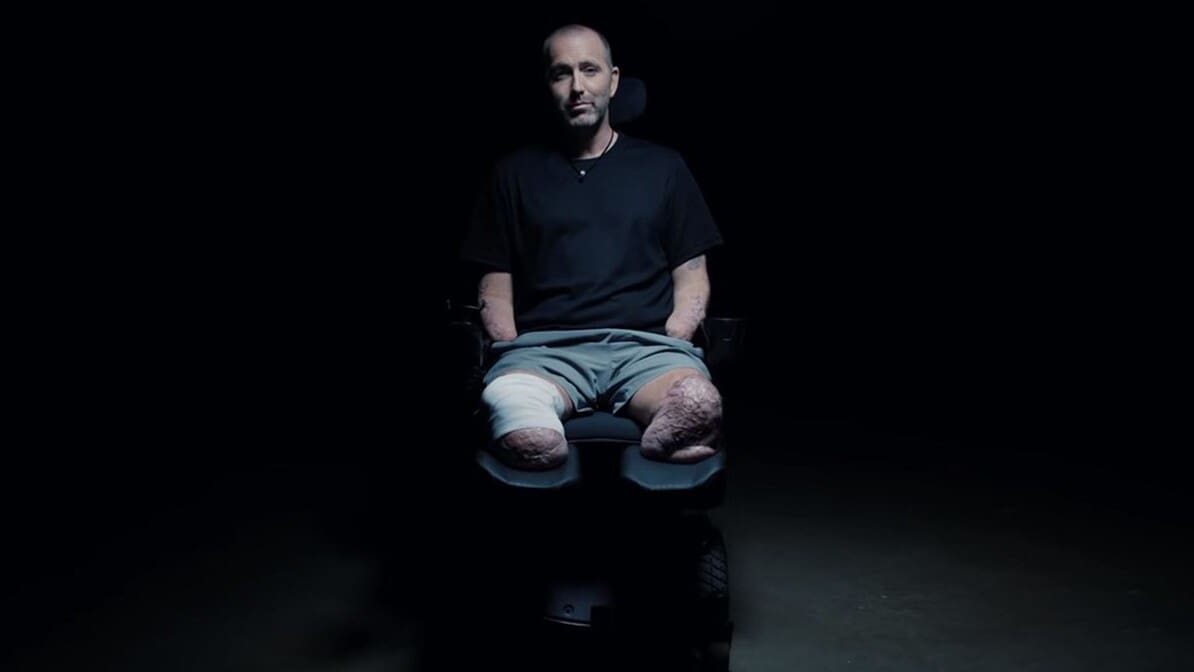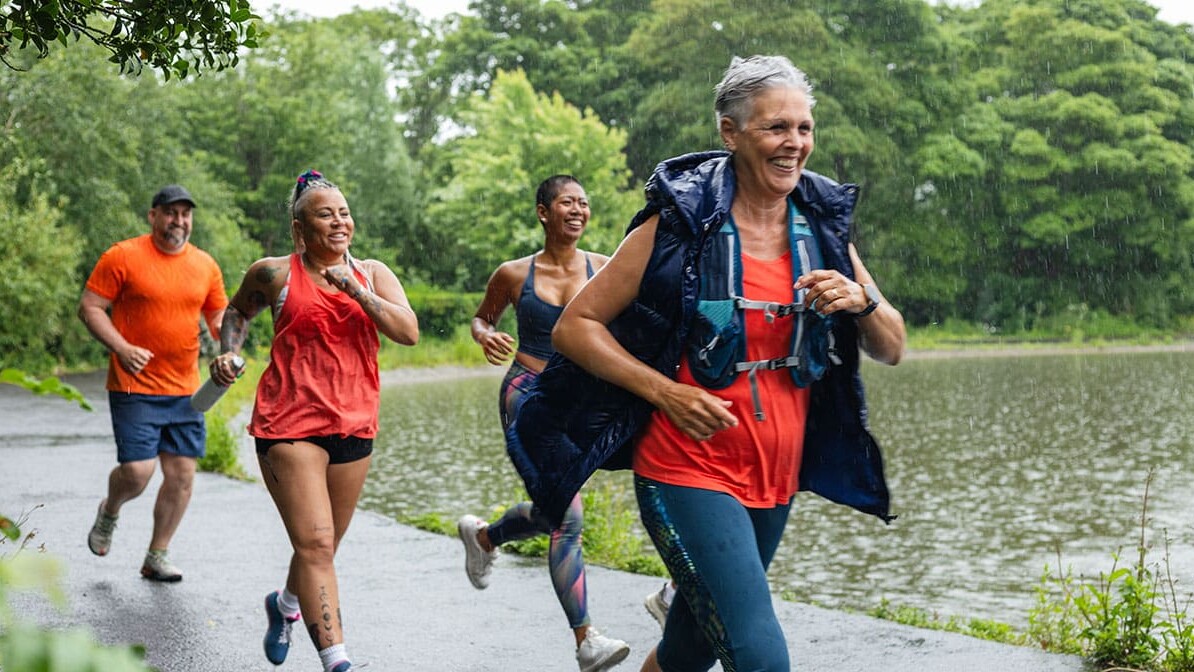
Daniel Kennedy and the ‘Healthy Long Life’ (Part 2)
John Farrell: For your “Healthy Long Life” docuseries you visited places all over the world: India, Mexico, Italy, Japan, as well as many other places. Which location or episode was the most eye-opening for you in terms of learning some of their unconventional health secrets?
Daniel Kennedy: I would have to say all of them because what my eye opened to was that there were similarities in countries where people live longer and healthier. For example, in all the countries I visited where people lived longer and healthier, they were active. They spent very little time sitting. They spent lots of time in action. Maybe their lifestyle was less modern.
It was more about having family gardens where they were growing their own produce. Not only was it produce that didn’t see pesticides, processing, and preservatives, but it was also the manual labor that it took. It was also the camaraderie. I didn’t see people working in their gardens alone. They tended to do it with other family members. They tended to care about the food they were growing.
I also saw larger consumption of vegetables and less consumption of animal products. The reason why is because animal products in these simple societies are so expensive. It’s more expensive to feed your animal than yourself. To be feeding that animal just to kill and eat it comes at a very high cost. I saw these societies that did eat some meat, but it was usually on special occasions, like when the prodigal son came home—kill a fattened calf, but maybe don’t eat meat every day.
I think that’s what impacted me the most was to see that on different continents the habits that led to longer life and healthy life were similar.
JF: If you were to pick the overall message you hope viewers take from watching the docuseries, what would it be?
Daniel: The message I would give everybody is disease is not predetermined. Disease has to be earned by making unhealthy choices, but you can earn health by making healthy choices. Making daily decisions to have healthy habits is far more powerful than any medicine that a pharmaceutical could produce.
JF: What roles do music and dance play in living longer and healthier?
Daniel: As we went to each country, I wanted to put it into a cultural context, and music and dance really define all cultures. I also included it because I wanted people to experience the joy of life. I think joy is so expressed through music and dance. We see that all the way back in the Judeo-Christian traditions as well.
You don’t have to look further than King David who loved music and loved to dance—even when it embarrassed his wife—because he was worshiping the Lord. We wanted to share not only the science of how to live longer, but we wanted to share the joy of living.
Oasis of Hope Hospital and Fighting Breast Cancer
JF: What is your role with the Oasis of Hope Hospital and more specifically its new breast cancer treatment center?
Daniel: I’m the CEO of Oasis of Hope Hospital and I’ve been that for the last 28 years. I started working when my grandfather, Dr. Ernesto Contreras, was celebrating the 30th year of Oasis of Hope Hospital. He started it in 1963 with the vision of providing resources to a patient’s body, mind, and spirit so it could heal itself. He had the deep conviction that God created our bodies with the ability to heal itself. So, instead of attacking the disease he would provide—and we still do this—resources so that the patient’s immune system would combat the cancer.
As far as the breast cancer center goes, I’m working now with a team of women to provide a breast cancer center that is for women, by women. We have an oncologist—these are all women—an attending physician, who’s a palliative care physician. We have a number of nutritionists. We have a psychologist as well, and we also have teaching chefs who teach people how to cook in a healthy way.
I decided to start that project because we get the best results for women with advanced stage cancer of the breast. Of any type of cancer that we treat breast cancer is the one where we have the highest survival rate. It just made sense to me that if you’re a woman, you would like to know that a woman who understands you on all levels would be your physician. We already had the people in place. It was just a matter of organizing an experience for women who have breast cancer to be cared for and nurtured by a wonderful team of competent physicians and nutritionists.
JF: What are some of the issues that women need to be aware of or familiar with in relation to preventing and surviving breast cancer?
Daniel: The most important thing for women to know is that only 5% of breast cancers are caused by a breast cancer gene. Women that have breast cancer genes do have a high risk of getting breast cancer. So, you would just think, “Oh, well then most women that have breast cancer have a breast cancer gene.” That’s not true.
When women who actually have breast cancer were studied, between 5% and 10% of them have the BRCA1 or the BRCA2 gene, which are the two principle cancer genes responsible for breast and ovarian cancer. I want women to know that.
Even if you have BRCA1 or BRCA2, your lifestyle changes can prevent cancer. I think the most important thing to understand is that it’s not cancer-driven, it’s more a result of lifestyle. And if lifestyle can prevent breast cancer, then lifestyle medicine can also help to combat cancer and increase the number of years that you can live in health.
The other thing I would say is, again, it’s the food, it’s the food, it’s the food. Our nutritionists work integrally with the physicians to prescribe foods that fight cancer and don’t promote cancer.
Helping Marginalized Populations
JF: Can you please tell me a little bit about your work toward starting a nonprofit that’s dedicated to closing the health gap for marginalized populations?
Daniel: I am a doctoral student at the University of Southern California just because I have nothing else to do besides run a hospital. The grand challenge that I’m working on is the health gap because there’s a lack of access to healthcare, but the nonprofit I’m proposing to start will be dedicated to empowering people with lifestyle preventative medicine.
I already shared with you the statistics. Even Harvard concludes that by doing the five healthy habits, you can prevent 80% of chronic diseases. That study also went on to show that you can start even later in life. So, women who, at age 50, practiced those five lifestyle habits of good food, exercise, moderate alcohol, no smoking, and maintaining a healthy BMI added 34 years of disease-free living. So, they got to 84 without any chronic diseases when they started at age 50. If they started at age 50 and did none of those healthy habits, instead of living 34 extra years, they lived 23 years, but with chronic disease. This is a very powerful message.
That’s what my innovation is going to try to do and eventually I’m hoping to start a challenge that we’ll do every May called “Let’s Get Healthy America” and that challenge will have things like “Meatless Monday May” or something like that. Something to improve the diet. I’m still working on it. It’s a work in progress.
JF: How have your personal experiences—witnessing cancer and heart disease affect those closest to you—helped guide your life’s work?
Daniel: It has really kept me from getting burnt out because when you are so close and experiencing all the stresses related to cancer and families going through cancer, like I do on a daily basis in my work, it’s very easy to get burnt out just like a pastor who has a bunch of families in the congregation that have huge issues. That pastor never seems to get a break, and it can lead to burnout. But by me finding the science through the production of “Healthy Long Life” that says, “Oh, no. You can do a lot to prevent those heavy diseases,” that keeps me motivated to get up in the morning and keep working. Knowing that we can make a difference, even if it’s one life at a time. That keeps me motivated.
JF: I’ve read that your philosophy is, “It’s not good enough to live a long, sick life, when there’s the opportunity to live a healthy, long life.” What does this mean to you and why is it important?
Daniel: I guess I’d like to flip that question to anybody that reads or listens to this interview. I’d like to ask them: Do you want to live a long, sick life? Or would you like to live a healthy, long life? And if you are being sincere that you don’t want to live a long, sick life, you can start today by doing those five healthy habits.
As I said, you don’t have to convert to perfection in a day. You can take on one challenge at a time. Let’s just say that you make those five healthy habits a part of your life, but you only do one per year. So, it takes you all year to quit smoking. Wow, you’re not smoking anymore. You’ve just increased your probability of living longer in health. The next year, you cut down alcohol and you stop drinking three to four drinks a day, down to maybe three to four a week, down to maybe three or four a month, finally, down to three or four a year. And maybe at the end of the day, none at all. That’s year two. Year three, you start cutting out all junk food and start eating more vegetables and fruits. You see where I’m going with this.
Trending Now
Sign up today for your Inspiration Today Daily Newsletter
Supercharge your faith and ignite your spirit. Find hope in God’s word. Receive your Inspiration Today newsletter now!
John Farrell
John Farrell serves as the Digital Content Manager at Inspiration Ministries, where he oversees the planning, organization, and management of website content to support the ministry's global digital outreach. With a strong background in writing and editorial strategy, John ensures that the articles, devotionals, and discipleship resources on Inspiration.org are accurate, engaging, and aligned with the ministry's mission.
John has authored more than 1,000 articles, press releases, and features for Inspiration Ministries, NASCAR, Lionel, and Speed Digital. His versatility as a writer is also showcased in his 2012 book, The Official NASCAR Trivia Book: With 1,001 Facts and Questions to Test Your Racing Knowledge.
A graduate of Appalachian State University, John brings excellence and attention to detail to the digital experience at Inspiration Ministries. He lives in Concord, N.C., with his wife and two sons.
Related Articles
January 28, 2026
I Just Knew It Was God: From Searching to Finding Faith
From the outside, Ekaterina’s life looked successful. She had a college degree, a strong career,…
January 26, 2026
How to Overcome Old Wounds with Resilience
How Do You Deal with Old Wounds? Everyone is talking about trauma, but very few are talking about…
November 21, 2025
Thank You … Lord
Gratitude transforms our lives and draws us closer to God. This article explores how practicing…
October 27, 2025
So, Is God Good?
Many people wrestle with the question, is God good, especially when life brings pain and loss.…
Next Steps To Strengthen Your Walk
Inspiration Today Newsletter
Supercharge your faith and ignite your spirit. Find hope in God’s word. Receive your Inspiration Today newsletter now!
Christian Articles
Find articles to strengthen your walk and grow your faith. We have a wide range of topics and authors for you.
Submit A Prayer Request
We are here for you. Simply click on the button below to reach us by form, email or phone. Together we will lift our hearts and voices with you in prayer.


